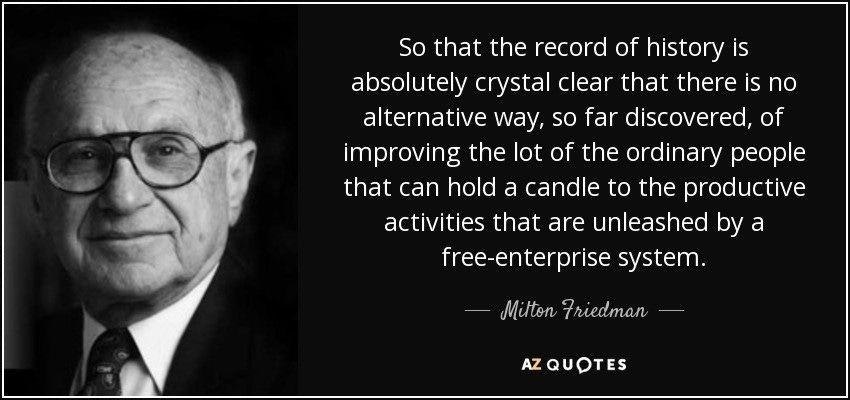(content from Epoch Times)
The idea of the Basic Universal Income (UBI) was probably yet another plot to impose socialism on us in America. By allowing some people to not work, or work a lot less, this imposed an obligation on the hard-working people to pay for this boondoggle. Just like “free college,” it isn’t fair. Why should some people get to avoid work, work at a lower paying job by choice or just work a little when the rest of us have to struggle. Of course, the stated purpose is to ensure that no one falls in poverty. But those who truly can’t work (and it’s a very small number) already have programs to help them.
The Data
In December, 2024, the National Bureau of Economic research did a study on UBI examining 297 households in CA. One-third got a monthly guaranteed income and the study compared the results, which weren’t surprising. We already had a “study” of this when Obama extended unemployment to last up to two years. Many refused to look for a job until the time was about to run out. Unemployment proved to be an incentive to be lazy.
The group studied were low-income, mostly part-time workers. After receiving the money, many immediately reduced the hours they worked by around 13%. The result was a monthly income not much different from what they had before the study began. Those studied who had full-time jobs did not reduce their working hours, but this is explicable. First, you generally can’t reduce your hours without risking a layoff when you have a full-time job. It is also harder to find another full-time job if you have lost one. A small influx of cash wasn’t enough to affect their choice in working. These results might vary if you were assured a permanent influx of cash. In the study, you only got it for two years.
The Impact
Sadly, the researchers didn’t look at how the recipients spent their time after getting the money. This would have been informative. They did note that the money helped build more housing security, but didn’t seem to help them experience more well-being, food security or a feeling of being financially safe. Those paid did reduce spousal violence (a good thing), saw a slight reduction in alcohol abuse, but an increase in smoking. While it is nice to see some good things come from this, is it worth the cost? I would say no. It is also a strong disincentive to other, low-wage earners to continue to work if by reducing their hours, they too could get handouts.
One should also ask what those who had to pay for UBI had to give up. This is an equation that government programs never consider. Could spending by those hard-working taxpayers have given them greater benefits than those getting freebies? Evidence shows the answer to be yes. Taxpayers generally are better at spending/saving their hard-earned cash, investing for their future, upgrading their living situation, sending their kids to college (and perhaps, even having more children) and building businesses.
The Cost
This program would be insanely expensive. Advocates claim that giving some people increased options for leisure would spawn creativity and that those in this situation, pursuing their passions, would ultimately benefit society. But this isn’t what the data shows. And if you give leisure to one person, but charge another more taxes to pay for it, how can anyone suggest this is fair? It’s one thing to give to a charity one cares about, or even to hand someone a bit of money. That’s voluntary. UBI wouldn’t be. If it looks too good to be true, it probably is.





And….we need workers in various industries and endeavors to provide the goods and services we require and want. All the money in the world is useless if the supply is low or even unavailable.